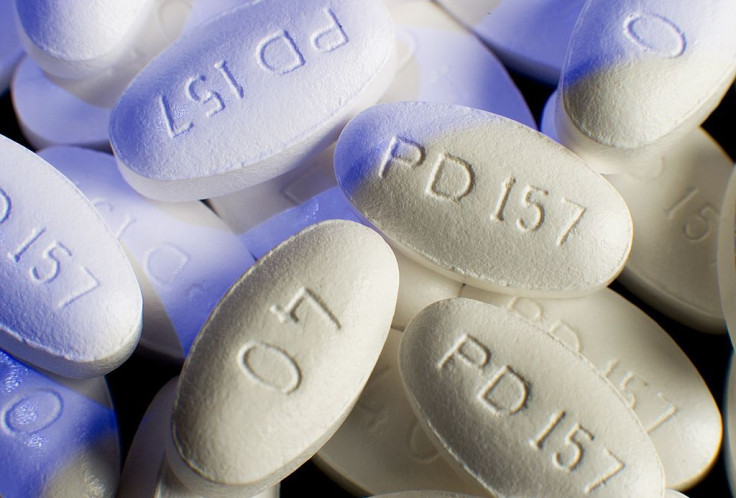Only Some Patients Can Avoid Heart Attack, Other Cardiac Events By Taking Statins

Heart disease is the leading cause of death in the United States, with 610,000 people dying from the condition each year. One of the most common types of heart disease is coronary heart disease, which, according to the Centers for Disease Control and Prevention, is responsible for killing more than 370,000 people annually. People with heart disease have an increased risk of cardiac events, such as heart attack, stroke, and death. Long-term treatment with statins, cholesterol-lowering drugs, are recommended for these patients. However, new research published in JAMA Internal Medicine revealed that these drugs only reduce the risk of cardiac events in some patients.
People with heart disease are recommended statins because they have been shown to reduce cardiovascular events like heart attack and stroke by 40 and 25 percent, respectively. However, according to researchers, there are differences among guidelines regarding the definition of appropriate targets for low-density lipoprotein cholesterol (LDL-C) levels, which are often assessed when evaluating heart disease risk. For example, The American Heart Association's guidelines do not establish target LDL-C levels. However, the European Society of Cardiology recommends treatment be “titrated to achieve LDL-C levels below 70 mg/dL.”
Researchers led by Dr. Morton Leibowitz of Clalit Research Institute conducted a study that compared the risk for major adverse cardiac events among heart disease patients according to their LDL-C levels after at least one year of statin therapy.
Researchers looked at data collected from more than 31,000 patients with heart disease who were an average age of 67. The individuals followed their statin treatment at least 80 percent of the time during the period they were followed, from 2009 to 2013. For the study, low LDL-C levels were defined as less than or equal to 70 mg/dL; moderate levels were 70.1 to 100 mg/dL; and high levels were considered 100.1 to 130 mg/dL. Of the cohort, 39 percent had low levels, 53 percent had moderate levels, and 18 percent had high levels. More than 9,000 patients had a major cardiac event or died during about a year and a half later.
They found that patients who were taking statins and had low LDL-C levels, the “bad” cholesterol, were not much less likely to suffer a major cardiac event than patients who had moderate LDL-C levels. However, moderate LDL-C levels were associated with a lower risk for a major cardiac events compared with patients who had high LDL-C levels. In other words, it seems that people with LDL levels lower than 70 mg/dL did not benefit from statin treatment as much as those with moderate or high LDL levels.
“This study of more than 30, 000 community-treated patients with [heart disease] who were adherent to statin treatment found lower risk of [cardiac events] associated with LDL-C levels below 100 mg/dL, but no additional benefit was demonstrated with LDL-C below 70 mg/dL.” researchers concluded.
The findings do not support the idea that lowering “LDL-C is better for all patients in secondary prevention.”
Source: Leibowitz M, Karpati T, Cohen-Stavi C, et al. Association Between Achieved Low-Density Lipoprotein Levels and Major Adverse Cardiac Events in Patients With Stable Ischemic Heart Disease Taking Statin Treatment. JAMA Internal Medicine. 2016.
Published by Medicaldaily.com



























